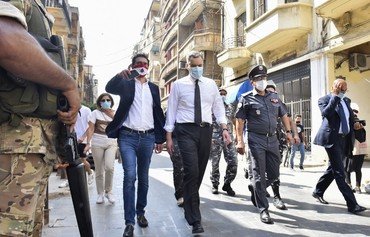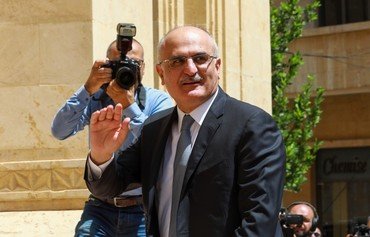US Secretary of State Mike Pompeo said Wednesday (September 2nd) that any new Lebanese government must pursue fundamental reforms to benefit the Lebanese people and regional security.
"Business as usual in Lebanon just is unacceptable," Pompeo told reporters after an August 4th blast at the port in the capital Beirut killed at least 188 people, pilloried the country's economy and brought down the government.
"This has to be a government that conducts significant reforms," Pompeo continued.
He said the US and France, whose President Emmanuel Macron was in Beirut Tuesday for consultations, shared "the same objective" for Lebanon.
"Real change is what the people of Lebanon are demanding, and the US is going to use its diplomatic presence and its diplomatic capabilities to make sure that we get that outcome," he said.
"I think the French share that. I think the whole world frankly sees the risk."
Pompeo said the principal challenge is the power of the armed political party Hizbullah, which the US considers a terror group.
On Sunday, Hizbullah chief Hassan Nasrallah said his powerful Iran-backed movement was "open" to a French proposal for a new political pact for Lebanon.
During his visit, Macron said Lebanese political leaders had agreed on a reform road map involving a government being put together within two weeks, following last month's devastating blast.
The last government resigned in the face of public anger over the explosion, which also wounded thousands and laid waste to entire districts of the capital.
Lebanon's prime minister designate Mustapha Adib has pledged to form a 'government of experts' to drive desperately needed reforms in the disaster-hit and economically ailing country.

![Lebanese protestors hold signs during an anti-government demonstration in the centre of Lebanon's capital Beirut on September 1st. [AFP]](/cnmi_am/images/2020/09/03/25944-lebanon-protest-poster-600_384.jpg)






